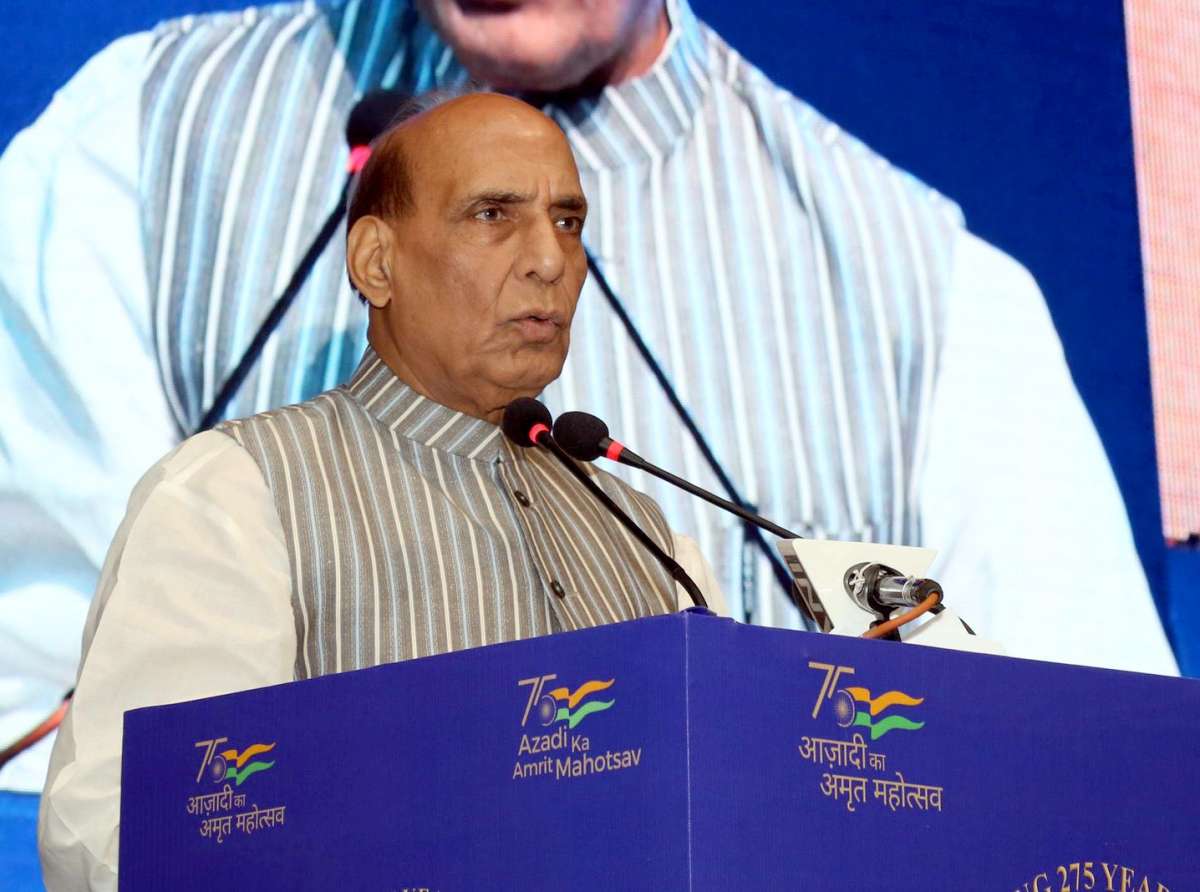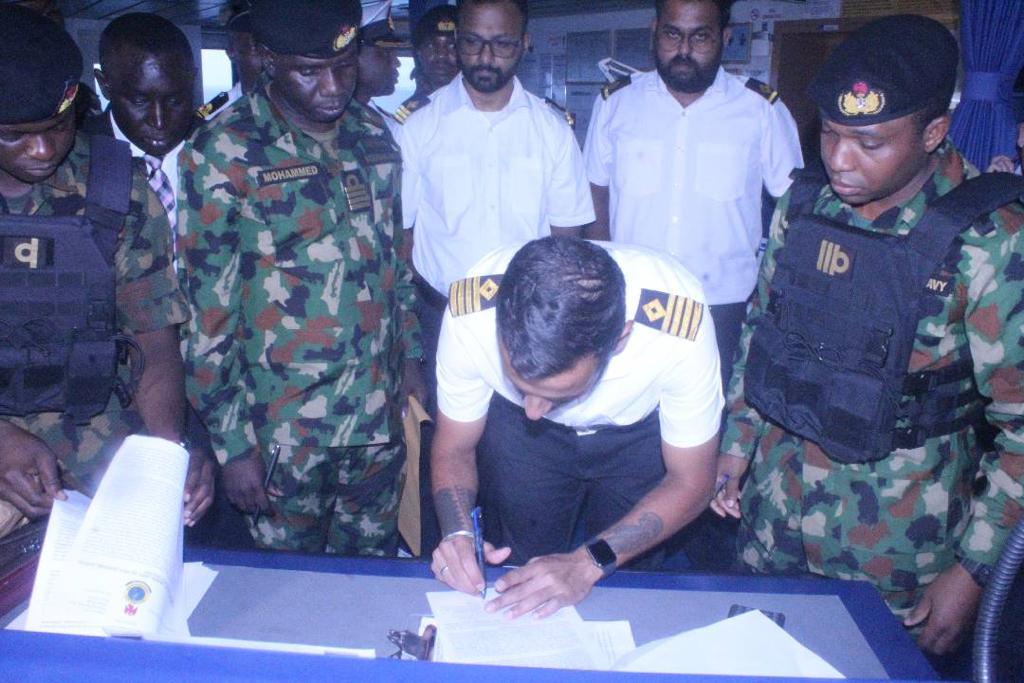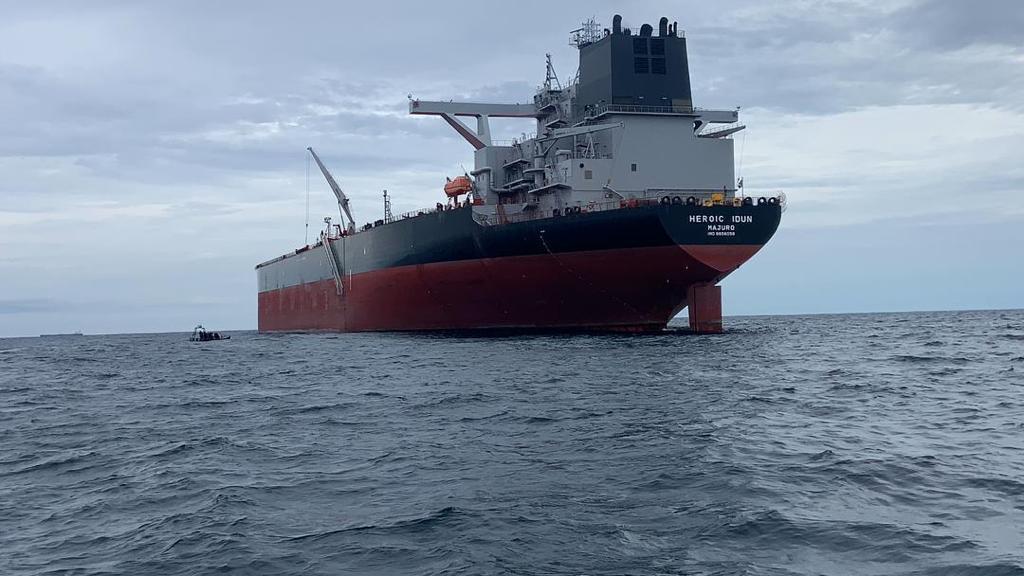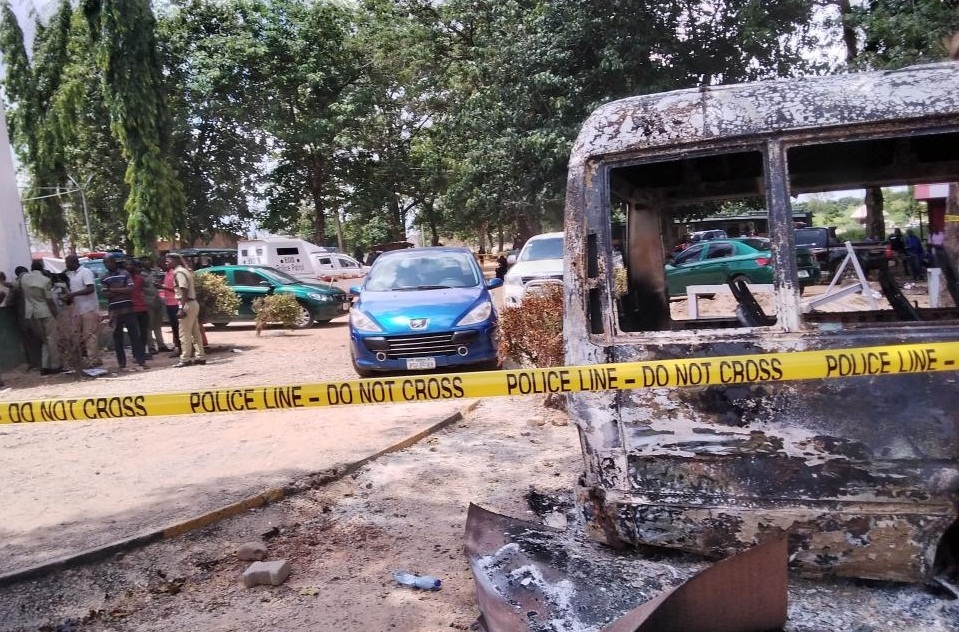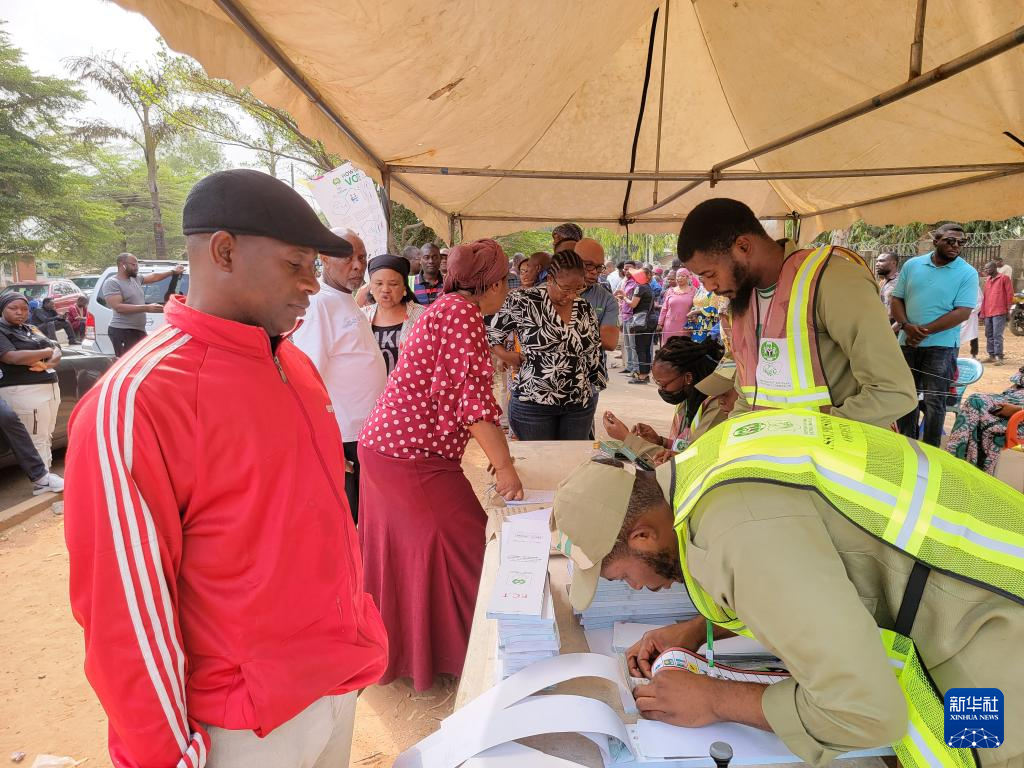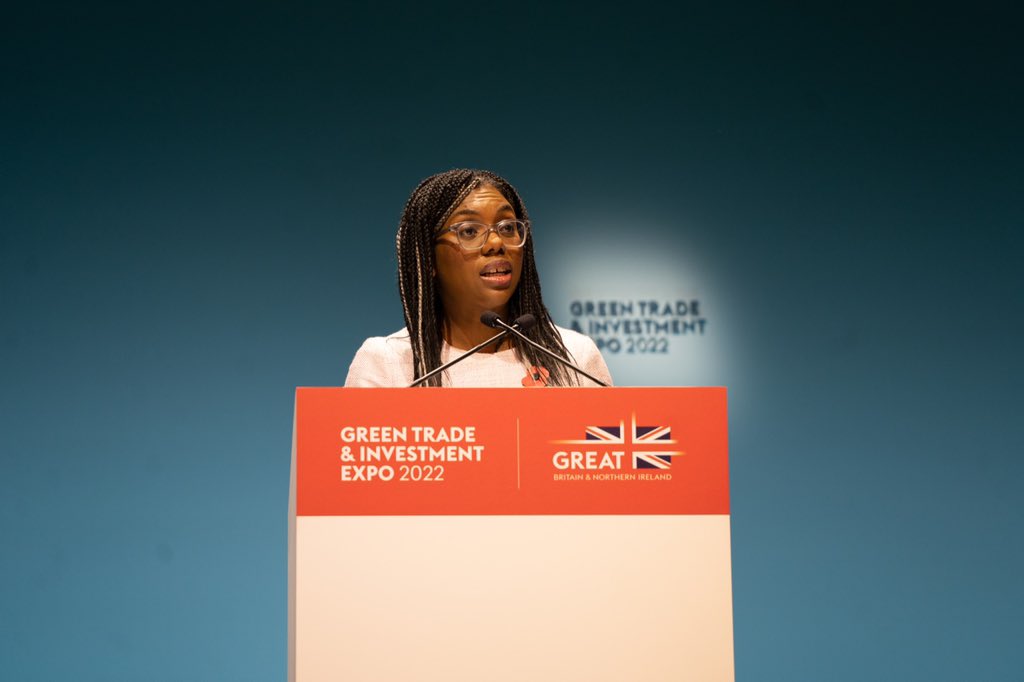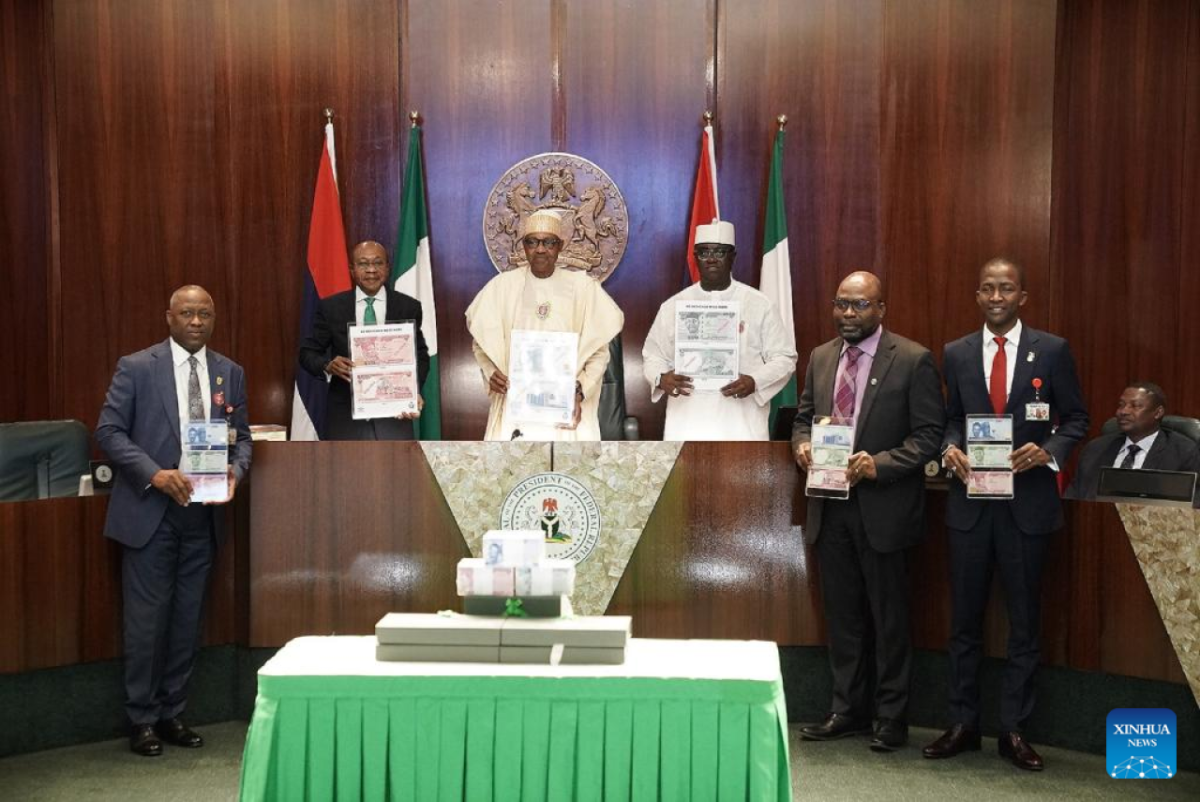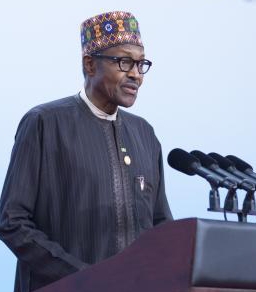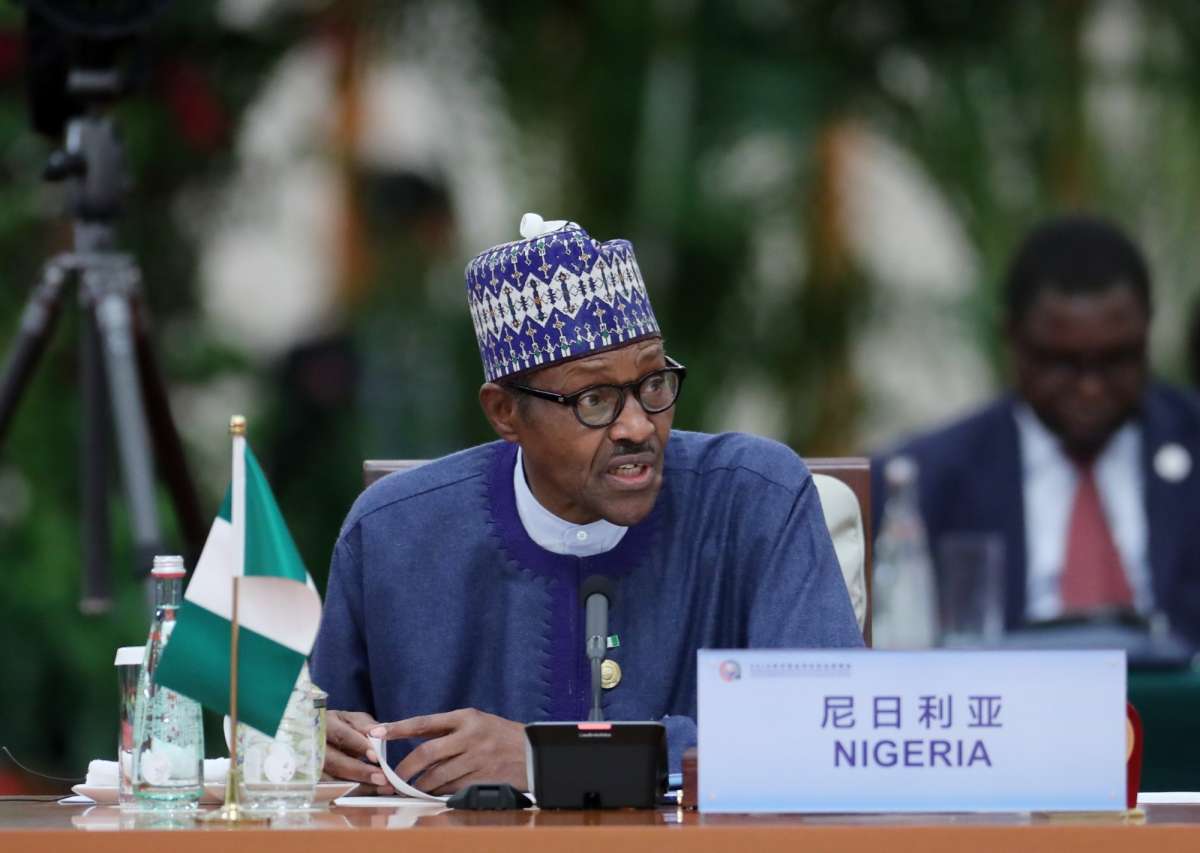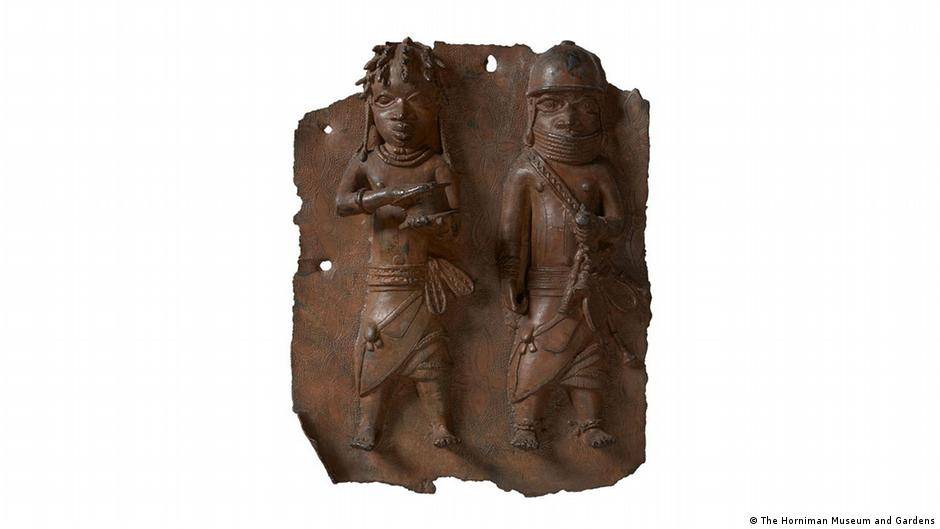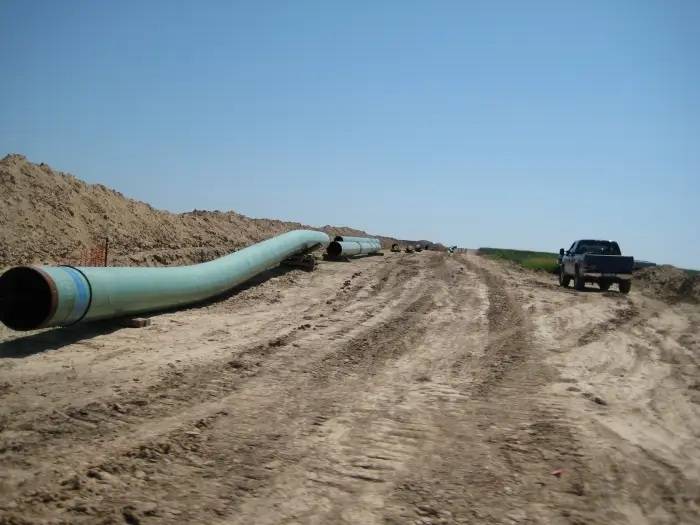India assumed the G20 Presidency on December 1 last year with the theme — ‘One Earth, One Family, One Future’, and since then about 200 meetings related to G20 have been organized in 60 cities across the country…reports Asian Lite News
Defence Minister Rajnath Singh will meet Nigerian President Bola Tinubu in New Delhi on Wednesday ahead of the G20 summit in New Delhi.
Nigerian President Tinubu is the first head of state to arrive in the national capital for the G20 summit scheduled to be held on September 9, 10. It is also Tinubu’s first visit to India since the assumption of office in May 2023.
According to an official statement released earlier by Nigeria, Tinbu will participate in and deliver keynote addresses at both the Nigeria-India Presidential Roundtable and the Nigeria-India Business Conference on the sidelines of the G20 Summit.
President Tinubu aims to leverage this platform to attract global capital and promote increased foreign direct investments in key labour-intensive sectors of Nigeria’s economy for job creation and revenue expansion, it said.
Moreover, he will use this opportunity to highlight Nigeria’s attractiveness as an investment destination, specifically outlining his cross-sectoral reform plan as encapsulated by the Renewed Hope Agenda, according to the statement.
The President will also hold bilateral meetings with a cross-section of world leaders from four different continents, representing both G20 and non-G20 countries. These engagements are geared towards strengthening bilateral economic, trade, and investment partnerships for mutual benefit, as per the statement.
At the G20 Summit, the Nigerian leader is expected to share Nigeria’s perspective on the theme, “One Earth-One Family-One Future,” which speaks to the global unity required to address the challenges facing humanity and the planet.
With its collective contribution of up to 80 per cent of global GDP, 75 per cent of international trade, and housing 60 per cent of the world’s population, the G-20 constitutes a significant economic power bloc of socio-economic opportunity and geo-political stability.
While Nigeria’s membership of the G20 is desirable, the government has embarked on wide-ranging consultations with a view to ascertaining the benefits and risks of membership.
The Group of Twenty (G20) comprises 19 countries (Argentina, Australia, Brazil, Canada, China, France, Germany, India, Indonesia, Italy, Japan, Republic of Korea, Mexico, Russia, Saudi Arabia, South Africa, Türkiye, United Kingdom and United States) and the European Union.
India assumed the G20 Presidency on December 1 last year with the theme — ‘One Earth, One Family, One Future’, and since then about 200 meetings related to G20 have been organized in 60 cities across the country.
The summit will be hosted at the state-of-the-art Bharat Mandapam Convention Centre at Pragati Maidan, New Delhi. (ANI)

